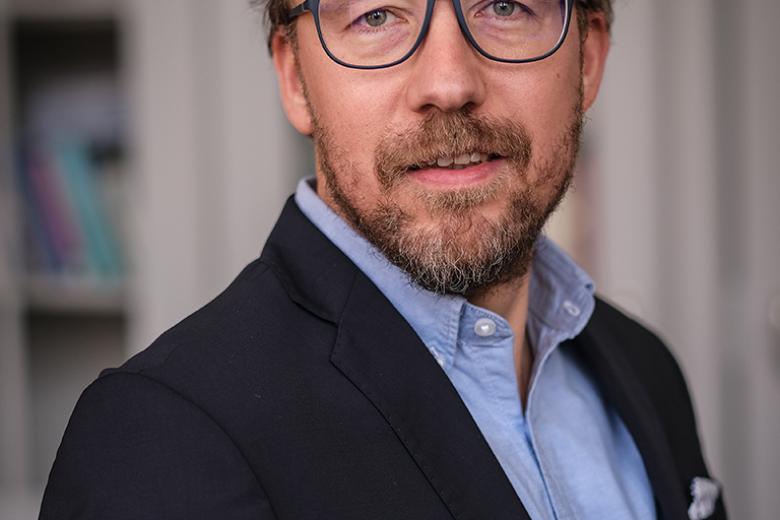Classical music: a treasure trove
On 29 and 30 March, the Maastricht Centre for the Innovation of Classical Music (MCICM) is organising a special symposium in Maastricht at the St. Janskerk and the Conservatorium, respectively. The occasion for the international symposium is the inaugural lecture of Prof. Peter Peters, Endowed Professor of Innovation in Classical Music, on Friday 29 March. Musicians and researchers will discuss new ways to perform classical music and to engage the audience, for example, during an experimental rehearsal of the piano version of Beethoven's famous Violin Concerto.
After three years of preparation, the MCICM opened its doors on 1 September 2018. The centre is a collaboration between Maastricht University (UM), Zuyd University of Applied Sciences and the South Netherlands Philharmonic. With the orchestra, there was a need for innovation based on scientific and practical research. UM accepted the challenge and the orchestra took on the role of a classical music laboratory, comparable to an academic hospital. That is where patients are healed and students are trained and research is conducted. In other words, it consisted of practice-based activities, transfer of knowledge and scientific work.
Thinking along and participating
“In one of our projects, we’re researching how we can give the audience a different role in the performance of classical music”, says Peter Peters. “We’re doing that through three experiments with the orchestra. The first experiment concerns programming. It’s customary for the orchestra to determine this. There’s a seasonal brochure and that’s it. How do you make the public partly responsible for what is being played and, especially, why? The second experiment aims to involve the public in organising the concerts. The traditional setup is: audience in the hall, orchestra on stage. But how can you get the audience to participate in the orchestra, for example through a behind-the-scenes look or through collaboration with amateur musicians? On the third level, we’re looking at the evaluation of concerts. People often think that they don’t know enough about classical music to be allowed to judge it. That’s actually a shame. How can we bring people into contact with one another and with the musicians to talk about what they’ve heard and experienced?”
Treasure trove
“Orchestras such as the South Netherlands Philharmonic consider innovation important”, says Peters. “They organise concerts in places other than a concert hall, such as in an old Philips factory in Eindhoven. Instead of the traditional introduction prior to the concert, a musician talks online about the music that’s being played.” The MCICM is conducting research into these types of innovative initiatives. The results of that research provide input for practical projects.
The MCICM is facing a nice challenge, says Peters. Those at the centre believe that classical music is a treasure trove. And the music from that treasure trove can be more than just an object of admiration in a concert hall. “One of our plans is to work with one of Mahler’s symphonies. We’ll dissect the piece and get folk music from it. We will edit this in a collaboration between the musicians from the orchestra, music students and amateur musicians and perform it in unexpected places such as in a café. Mahler am Tisch. That sounds like we want to bring classical music to people, but what we do is bring people to classical music.”
Symposium and lecture
The symposium ‘Rehearsing Orchestral Innovation’ will take place on Friday 29 March at the St. Janskerk, and on Saturday 30 March at the Conservatory. The symposium is not open to the public. Prof. Peter Peters will deliver his inaugural lecture at Maastricht University on Friday from 16.30 to 17.15 in the Aula at Minderbroedersberg 4-6. The title of the lecture is ‘Unfinished Symphonies’. View the programme of the symposium here.
Also read
-

-
Professor Cyrus Mody receives NWO Vici grant
Cyrus Mody, historian of science and technology at the Faculty of Arts and Social Sciences (FASoS), has received an NWO Vici grant of €1,500,000.
-
Why do we ask people where they’re from?
In her dissertation Lotte Thissen illustrates that everyone can experience foreignness, irrespective of their origin or background. One of the key conclusions in this study is that we should stop asking people where they are from.